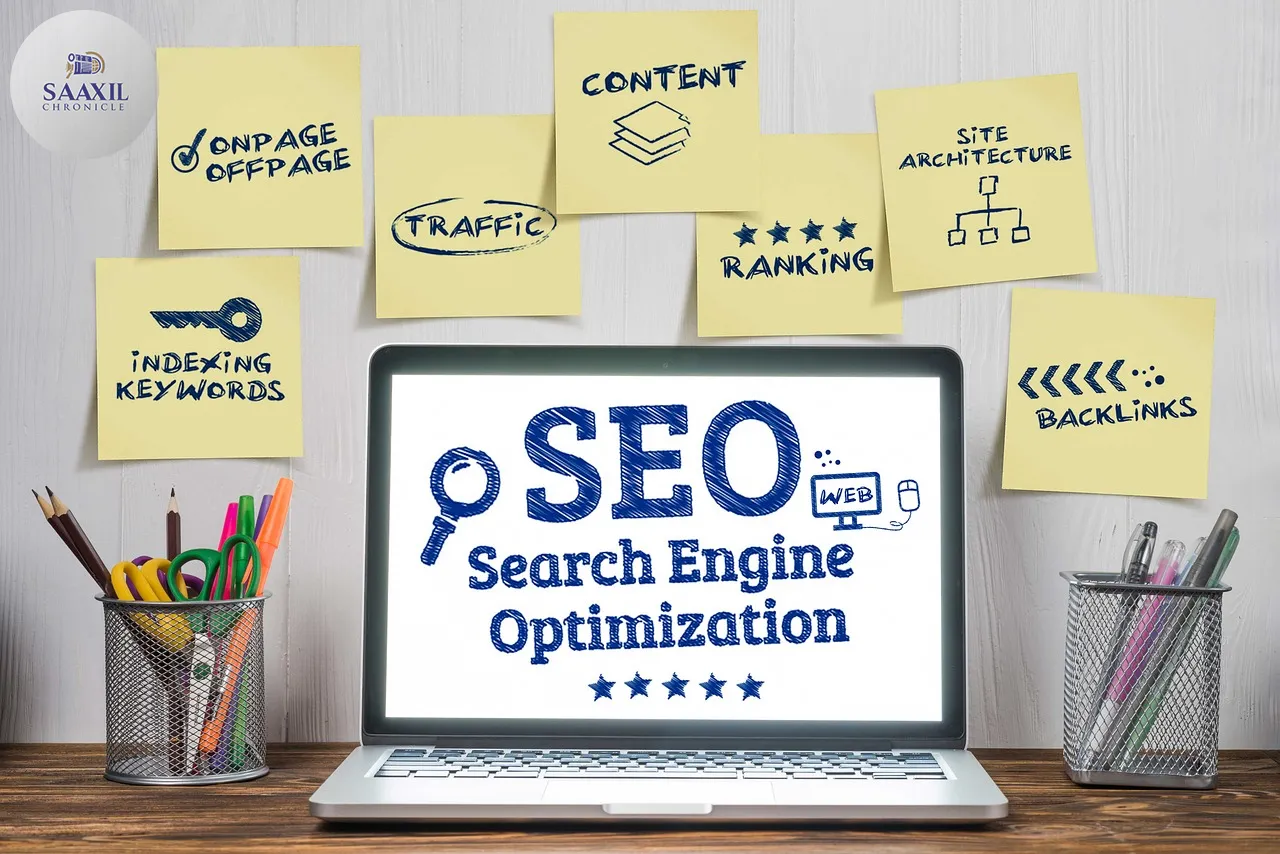A recent report by ActivTrak has unveiled a significant shift in the traditional workday structure, indicating that the average American workday now concludes at approximately 4:39 p.m. This revelation, detailed in the 2025 “State of the Workplace” report, suggests that while the workday is getting shorter, productivity levels are on the rise. The findings challenge conventional notions of productivity, suggesting that shorter work hours may lead to more efficient work performance.
The report’s insights are based on comprehensive data analysis, highlighting a trend that could redefine work-life balance and efficiency in the modern workplace. As companies continue to adapt to post-pandemic realities, this shift could signal a permanent change in how work is structured.

A New Era for the American Workday
The study, conducted by workplace analytics firm ActivTrak, has brought to light a notable change in the timing of workdays across the United States. According to the data, the average workday now ends at 4:39 p.m., a departure from the traditional 9-to-5 schedule. This change reflects a broader trend towards flexible working hours, a movement that gained traction during the COVID-19 pandemic.
As remote work became the norm, employees and employers alike discovered the benefits of flexibility. Many companies have since adopted hybrid work models, allowing employees to tailor their work hours to fit personal schedules, resulting in improved morale and productivity.
The Impact of Flexible Work Hours
Experts believe that the shift towards a shorter workday is not merely a temporary adjustment but rather a step towards a more sustainable work environment. Dr. Emily Carter, a labour economist, explains, “The trend towards shorter workdays is a reflection of the changing nature of work. Employees are finding that they can be more productive and focused in a shorter timeframe, which benefits both the individual and the organisation.”
The reduction in work hours has been accompanied by a rise in productivity, as measured by output per hour. This suggests that employees are using their time more effectively, possibly due to fewer distractions and a better work-life balance. The report notes that companies embracing this model have reported increased employee satisfaction and reduced burnout rates.
Productivity and Efficiency: A New Paradigm
The correlation between shorter work hours and increased productivity is reshaping traditional workplace metrics. By focusing on output rather than hours worked, organisations can optimise performance. ActivTrak’s report highlights how companies that prioritise efficiency over clock hours are seeing tangible benefits.
John Bailey, CEO of a tech firm that adopted a flexible work model, notes, “By allowing our team to work in a way that suits them best, we’ve seen not only a rise in productivity but also in creativity and innovation. The results speak for themselves.” This sentiment is echoed by many leaders who have recognised the advantages of a results-oriented approach.
The Future of Work: Balancing Flexibility and Accountability
As the workplace continues to evolve, the balance between flexibility and accountability remains crucial. While shorter workdays can enhance productivity, they also require a robust framework to ensure that goals are met. Companies must establish clear expectations and provide the necessary tools for employees to succeed in a flexible environment.
The report emphasises the importance of communication and technology in facilitating this transition. With the right systems in place, employees can remain connected and engaged, regardless of their work location or schedule. This adaptability is essential for maintaining productivity in a dynamic work landscape.
Looking Ahead: Implications for Employers and Employees
The findings from ActivTrak’s report suggest that the shift towards shorter workdays may become a permanent fixture in the American workplace. This transition offers the potential for a healthier work-life balance, increased job satisfaction, and enhanced productivity. However, it also requires a cultural shift in how work is perceived and valued.
For employers, the challenge lies in creating an environment that supports flexible work while ensuring accountability and performance. For employees, the focus is on leveraging this flexibility to achieve personal and professional goals. As the traditional workday continues to evolve, the emphasis on productivity over hours worked is likely to shape the future of work.
In conclusion, the ActivTrak report highlights a transformative period in workplace dynamics, where shorter workdays and increased productivity go hand in hand. As organisations embrace this new model, the benefits of flexibility and efficiency are becoming increasingly apparent, paving the way for a more balanced and productive future.





